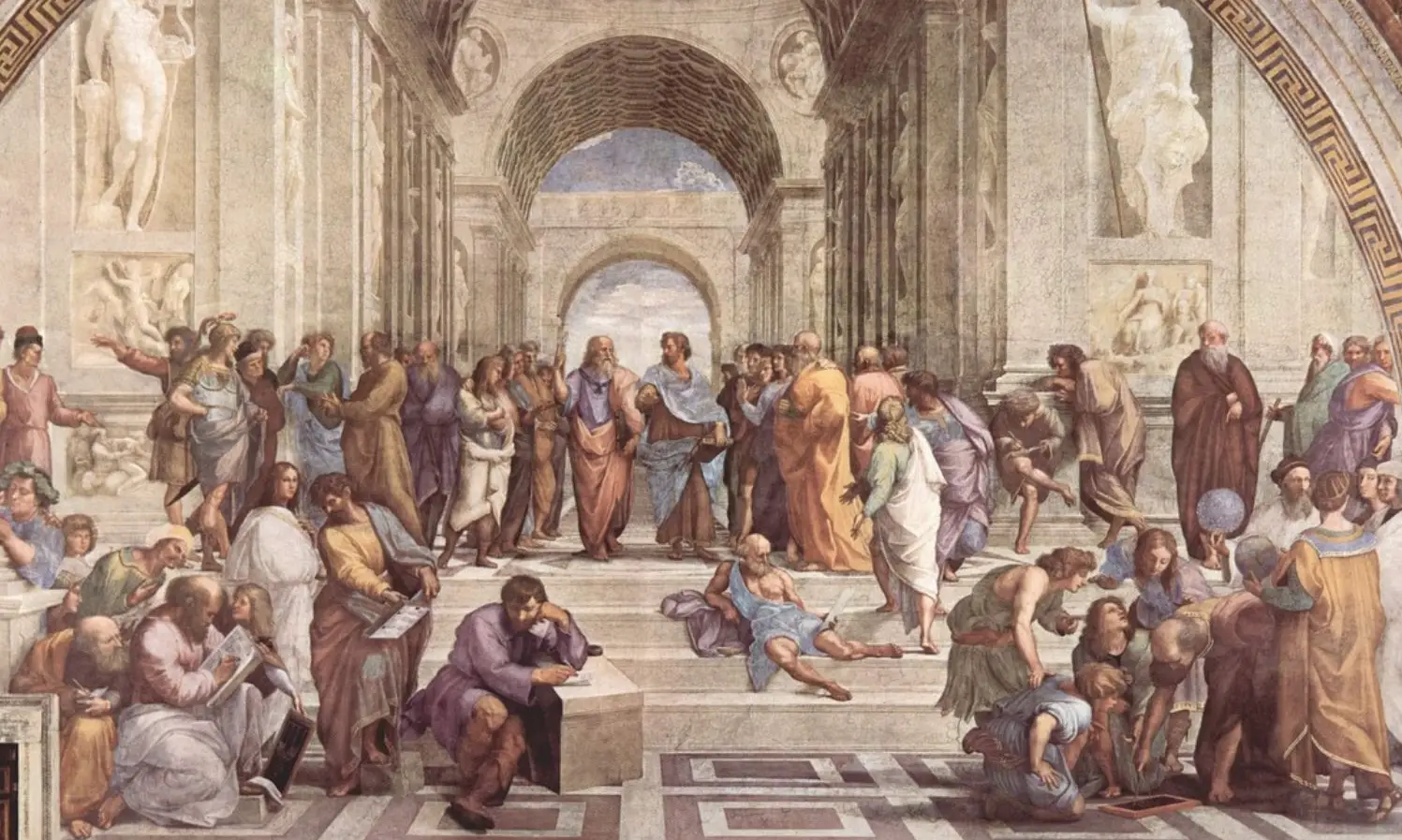The end of the first quarter of the 21st century also marks the failure of minimalist democracy. Strict adherence to democratic procedures does not necessarily immunize us against authoritarianism. The results of Mexico’s June 1 judicial elections not only revealed that the majority of citizens—much like in Bolivia since 2011—rejected the idea that voting can solve everything. Abstention reached over 85%, null votes were more than 10%, the highest in Mexico since 1982. The total effective vote was barely 9%, and yet new individuals will legally assume positions in the judiciary, but practically without legitimacy and subordinated to the ruling party.
Voting helps to form governments, but it cannot create better societies. If elections alone could eradicate corruption and solve the most pressing political and social problems, almost all Latin American countries would be developed by now. For over forty years, elections have been held regularly in the region with acceptable standards of electoral integrity, with well-known exceptions like Venezuela, Guatemala, or El Salvador, and specific elections such as Honduras in 2017 and Bolivia in 2019. Today, even the most authoritarian-leaning leaders know they must subject their tenure to elections. So, why is democracy in the region in crisis?
The failure of minimalist democracy
In the 1980s, a minimalist conception of democracy prevailed in Latin America, based on three key conditions. The first was the removal of the military and undemocratic actors from politics. The second was consolidation through effective horizontal control institutions. The third, and most important, was the establishment of free, fair, and regular elections to achieve full democracies. Added to this was the need for more media outlets to improve information flow and avoid the dominance of a single government narrative.
In the first decade of the 21st century, it became clear that democratic transitions in the region were incomplete and inconclusive, and that full democracy would only be achieved by deepening those initial conditions. It was evident that the political processes that ended authoritarian regimes had not produced full democracies but rather “hybrid regimes,” with only a few countries—such as Costa Rica, Chile, and Uruguay—meeting the minimum standards to be considered democratic. By this measure, nearly 80% of Latin Americans have never experienced a full democracy. These evaluations found “empirical evidence” in various indices that reinforced the idea that democracy in the region either never arrived or was derailed.
Now, entering the second quarter of the 21st century, virtually all the minimal democratic conditions are in place, and yet the region is not democratic, and citizens are dissatisfied with governments elected through the ballot box. The military has stepped back from power and no longer oversees civilian rulers. Instead, democratically elected presidents have brought them back into civilian affairs. Oversight institutions exist but are either captured or willingly submit to and participate in undemocratic dynamics. Legislative bodies function merely as reception desks, rubber-stamping presidential initiatives without debate, and parts of the judiciary have systematically worked to give a veneer of legality to authoritarian leaders’ decisions. People vote, but the vote is merely instrumental. What drives voters are speeches filled with lies and distorted by images. The most sensible candidates with the best proposals are not elected. Leaders are voted in, but are not held accountable. “Representatives” exist, but they neither represent nor are close to the people—they act out of personal or factional interests. There is a wealth of media, and with social networks we have more immediate access to information than ever, but it does no good, as the lies of those in power are more effective than the truth. As Machiavelli wrote in The Mandrake, “people like to be deceived.”
Climbing out of the pit of failure
Democracy is always a work in progress, so the problem with the minimalist conception was (and is) assuming that meeting those conditions would be enough to prevent backsliding. Institutional anchors, like autonomous constitutional bodies, were developed, but social factors and political culture were neglected. It was assumed that democratically elected governments would, by themselves, address the economic and social deficits that are also essential to sustaining democracy. Little attention was paid to democratic political culture, which requires an engaged and interested citizenry—but the best indicator is not voter turnout, but commitment to democracy itself, which is harder to observe. This is not only a failure of democracy but also of liberal thought, which, as Octavio Paz noted, does not build community or fraternity, but leaves everything to individual conscience without fostering civic education.
Democratic minimalism overlooked key aspects of effective democracies: the roles of the state and the market. Both can coexist regardless of regime type; contemporary examples like China, Singapore, and the United Arab Emirates are efficient states that work well with market dynamics but are not democratic. By contrast, effective democracies—like those in Northern Europe—have acknowledged and adapted to these dynamics to sustain themselves. Latin America has failed to create an effective relationship between state and market. While much criticism of authoritarian regimes focuses on their economic failures and state inefficiency, many democracies are just as inefficient. Minimalism does not allow for broad diagnoses of democracy and has pushed political thought—and specifically political science—to view democracy merely as the fulfillment of equally minimalist indicators. Latin America does not need to recover democracy, but to reinvent it. This means abandoning both minimalism and maximalism. It’s a task for the immediate future—before we have even more to regret.
*Machine translation proofread by Janaína da Silva.













